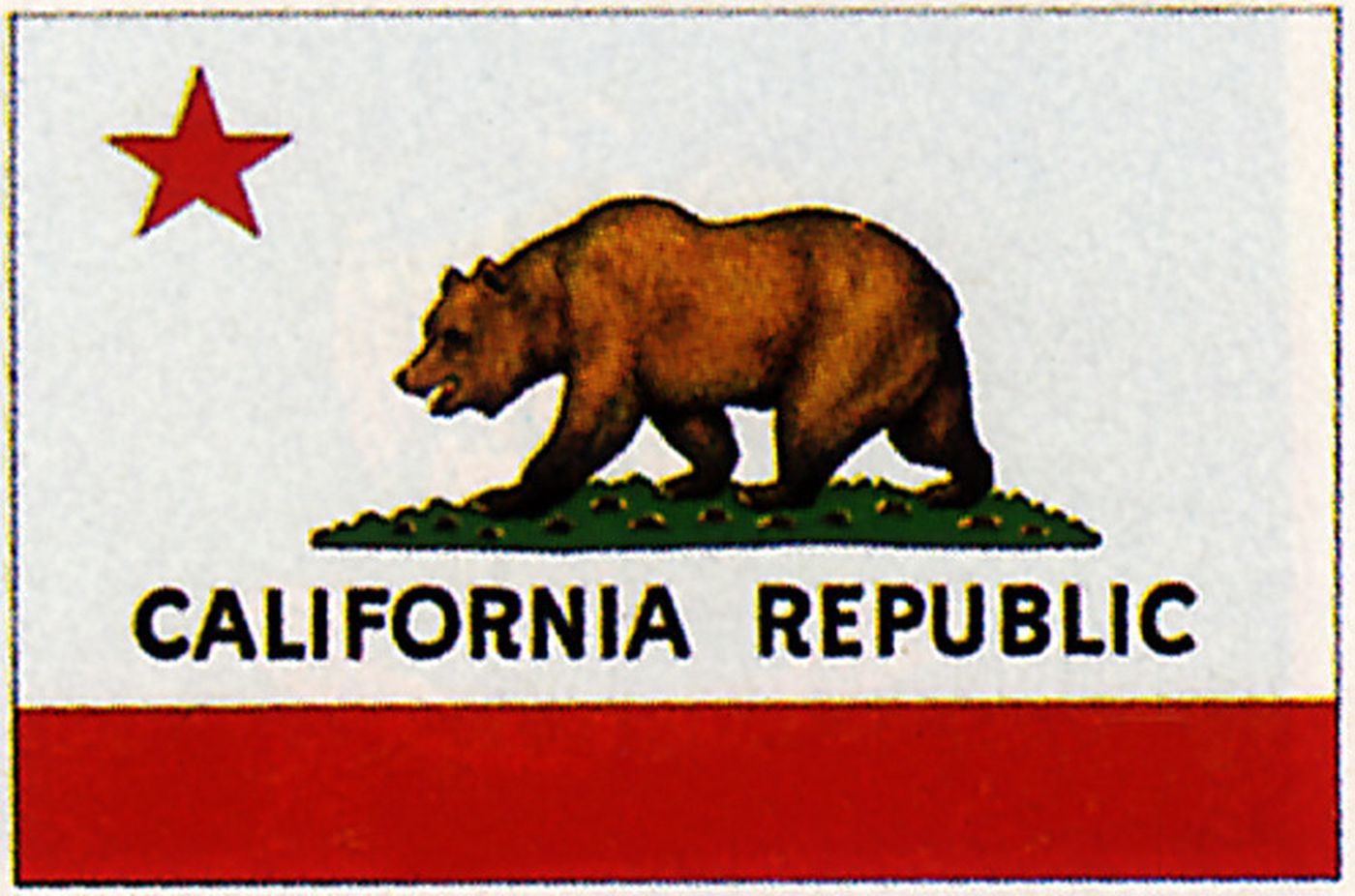Metaverse Law on Critical Mass Radio Show
On February 13, 2019, Lily Li of Metaverse Law appeared on Critical Mass Radio Show to discuss trends in privacy law and general pointers for businesses. Three takeaways from the show include:
- Regardless of the size of your company, consider data privacy. The size of your company itself is not as relevant as is the customer data you process. Even if you are a small company, but have a large customer base, chances are you should be looking at the data privacy regulation in your state. If you have customers overseas, such as in Europe, it is important to realize that you will then fall under European privacy laws. Privacy laws have to do with where your customers are, rather than simply where your company is based. Be aware and do your research to ensure that you are complying to the regulation that impacts your firm.
- Data belongs to the individual. While in the past, customer data was thought of as the company’s intellectual property, this is no longer the case. Customer data belongs to the individual, so treat it like it is their property not just yours. Your clients have the right to tell your company what they want (and don’t want) done with their data, so it is crucial to ensure that you have a process in place to comply and verify with your customer.
- Put your data house in order. Data security affects many departments in your company, from the front end to the back end. As such, it is important to find a workflow so customer data is protected throughout its entire life cycle. Start by gathering all of your company’s department heads together in a room and ask them this key question: “Where do you store data?” From there, it will be clear what needs to be addressed when it comes to your data.
Listen to the full interview here:





